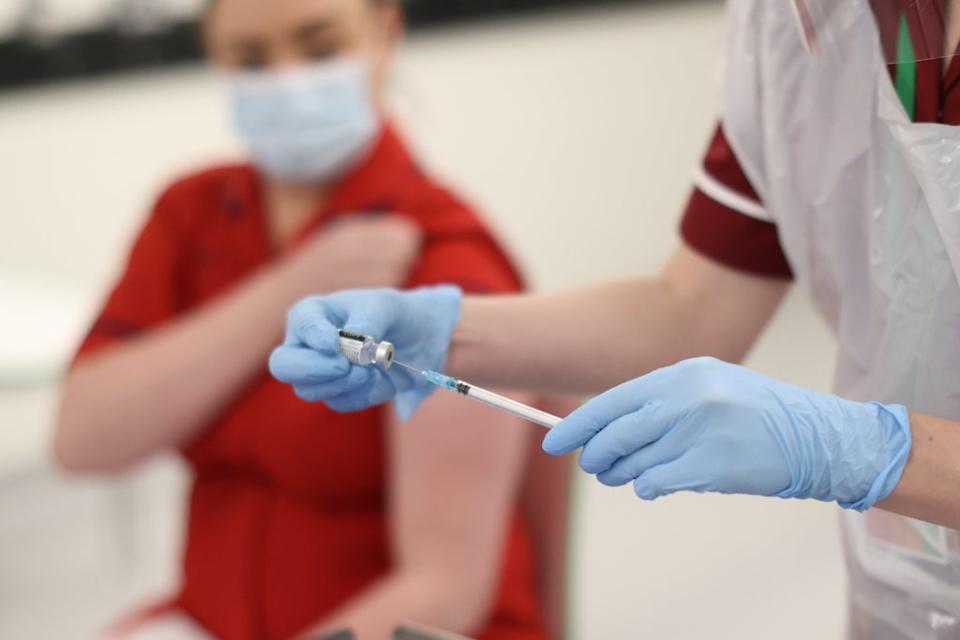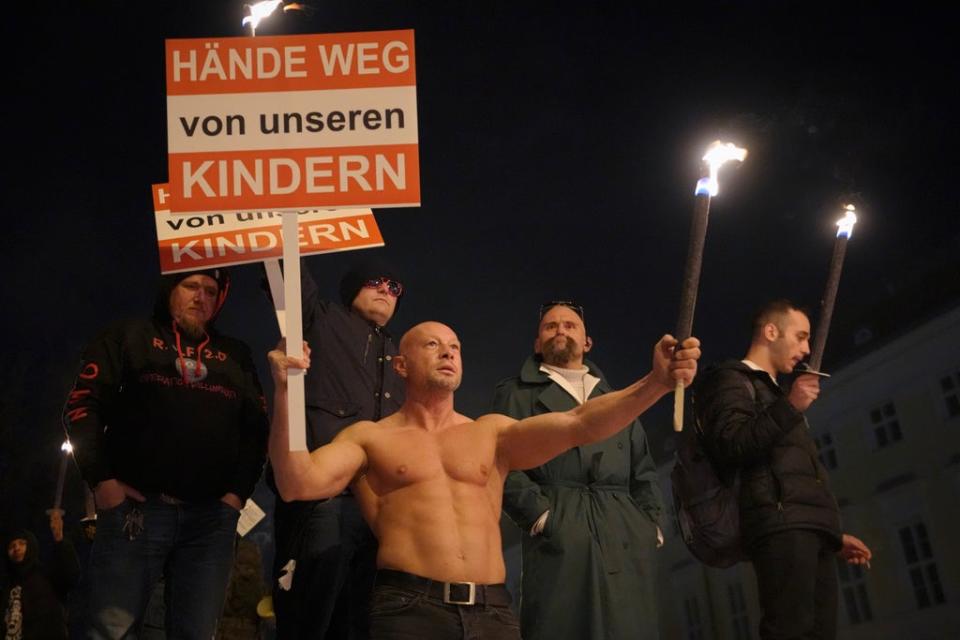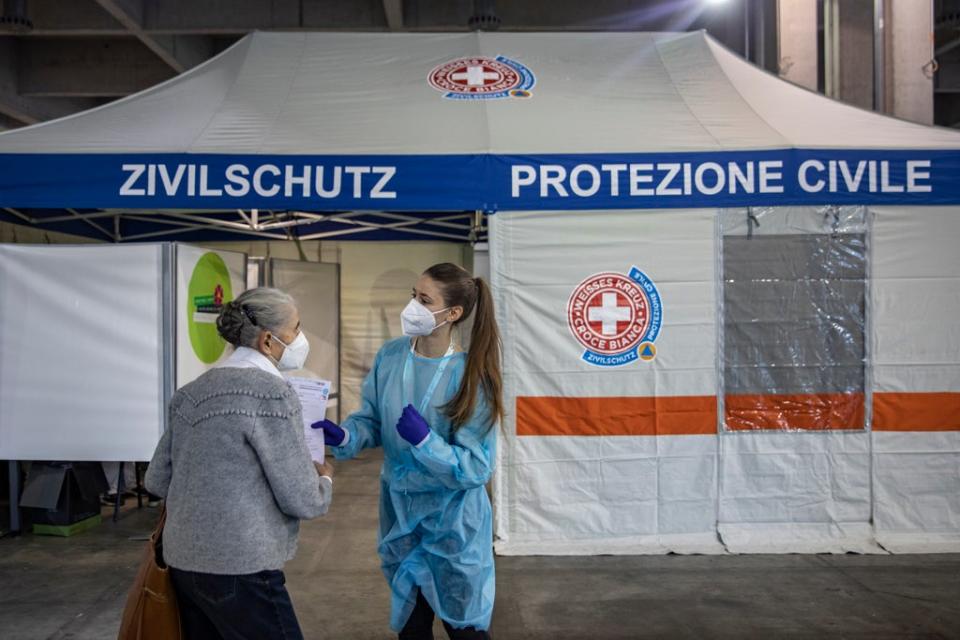How countries across the world are clamping down on the unvaccinated

As countries across the world grapple with the rapid spread of the Omicron Covid variant, policymakers face a difficult choice over whether to restrict freedoms for the unvaccinated.
Over a year after jabs started going into arms, scientists and governments continue to fight a tidal wave of disinformation, conspiracy theories and complacency around vaccination.
Countries with lower levels of immunisation have been forced back into damaging lockdowns amid a surge in hospitalisations while citizens in highly vaccinated countries socialise freely.
The past twelve months has seen mandatory vaccination become a talking point across the globe, with leaders opting to make jabs compulsory for everything from using the gym to enjoying a meal out.
In the UK, ministers have been caught in a bind between the demands of libertarian backbenchers and the necessity of reducing the threat of the virus – with Covid passes stoking the largest parliamentary rebellion of Boris Johnson’s premiership.
The Standard looks at how countries are clamping down on the unvaccinated.
Austria
Austria became the first country in Europe to impose a lockdown on unvaccinated people in November amid falling vaccination rates.
The restrictions appear to have worked, with the proportion of people who have received one jab rising from 68 per cent to 74 per cent in two months.
The Government is now poised to introduce the first vaccine mandate in Europe, which would last until 2024. The move had been set to come into effect from February but could be delayed until April over technical issues, local media reported.
France
President Emmanuel Macron sparked fury earlier this month after telling Le Parisien newspaper he wanted to “p*** off” unvaccinated people by making their lives so complicated they would end up getting the jab.
His most recent policies have certainly followed suit, with the French Senate on Thursday approving rules for a “vaccine pass” to be required to enter all indoor venues and large events.
This will replace France’s “pass sanitaire”, which gave the option of providing a negative test result or evidence of recent infection.

Italy
Italy has brought in a vaccine mandate targeting over-50s, with everyone in this age group required to be double jabbed immediately. The measures will last until June 15.
Prime Minister Mario Draghi’s government had already made vaccination mandatory for teachers and health workers, and since October last year all employees have had to be vaccinated or show a negative test before entering the workplace.
Refusal results in suspension from work without pay, but not dismissal. The mandate toughens this up for workers by removing the option of taking a test rather than vaccination.

Indonesia
Indonesia was the first country in the world to introduce a vaccine mandate in February 2021.
All adults must be fully jabbed or run the risk of fines or refusal of social assistance or government services. The penalty is determined by regional health agencies or by local governments.
Indonesia’s capital Jakarta has threatened residents with fines of up to £260 for refusing the jab.
“If you reject it, there are two things, social aid will not be given, (and a) fine,” Deputy Jakarta governor Ahmad Riza Patria told reporters.
However, just 43 per cent of the country was double jabbed as of January 13, according to Our World In Data.
Singapore
Singapore currently has some of the toughest restrictions for the unvaccinated, with those who have not been jabbed last year barred from dining in restaurants or visiting shopping malls.
The government also warned unvaccinated people they would need to pay their own medical bills if they contract Covid and are unable to provide a valid reason for refusing the jab.
From January 15, only fully jabbed employees or those who have caught Covid in the past 180 days will be allowed to enter the workplace.
Dr Alex Cook, from Singapore’s Saw Swee Hock School of Public Health, said: “The intent of these measures has been to disincentivise remaining unvaccinated, and it has worked: over 90 per cent of those aged five or more have been vaccinated in Singapore, and about half have received their booster jab.”

